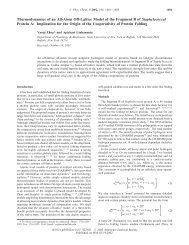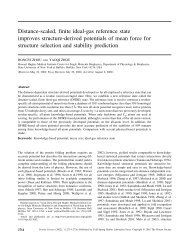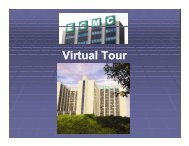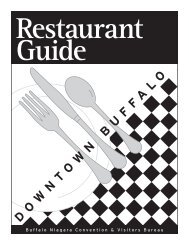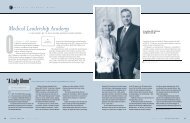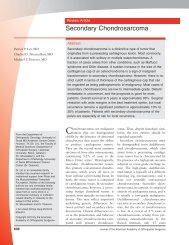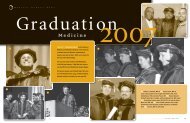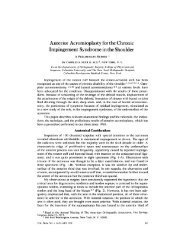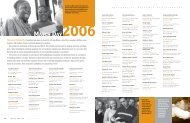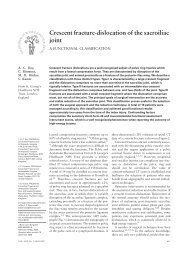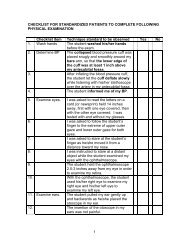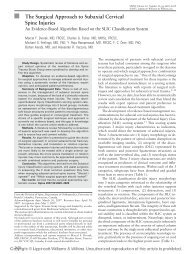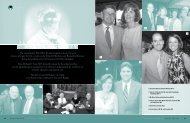Download Residency Training Program PDF - Ross Eye Institute
Download Residency Training Program PDF - Ross Eye Institute
Download Residency Training Program PDF - Ross Eye Institute
You also want an ePaper? Increase the reach of your titles
YUMPU automatically turns print PDFs into web optimized ePapers that Google loves.
Strabismus (K.W. Wright, M.D., ed.), and Harley’s Pediatric<br />
Ophthalmology (L.B. Nelson, ed.).<br />
All residents are required to attend the lectures on pediatric<br />
ophthalmology and strabismus given by Dr. Reynolds or Kyle Arnoldi<br />
throughout the year, regardless of whether or not they are currently on the<br />
pediatric service.<br />
Surgery. Surgery days are Tuesdays at Children’s (7:45 am) and<br />
Thursdays at Children’s (8:45 am) or ASCAT (7:15 am). Arrive in the<br />
OR before the first case is to start. Review the surgery list and read about<br />
any surgery with which you are not familiar, along with its indications.<br />
You should have a thorough understanding of all surgical cases being<br />
performed, simply assisting is not enough. Surgical loupes are mandatory<br />
for all resident cases. You will not be able to perform surgery unless you<br />
have loupes.<br />
Consults. Inpatient consults are called in to the front desk and recorded in<br />
a spiral-bound notebook, which is generally kept in the top bin of the<br />
organizer just inside the door to the front office. The date and time the<br />
call was taken, patient’s name, birth date, diagnosis, physician, and<br />
location are recorded. Also noted is whether the patient is transportable to<br />
the eye clinic. In most cases, consults are seen in the office. During clinic<br />
hours, however, check with Dr. Reynolds before having the patient<br />
transported down to the office. Though the front desk will usually alert<br />
you to a new consult, it is the resident’s responsibility to keep track of the<br />
notebook and see to it that the inpatients are examined in a timely fashion.<br />
It is never appropriate not to see a patient if asked to do so by another<br />
physician. When the exam is complete, the front desk will call for<br />
transportation back to the inpatient room.<br />
Call. Review the attending on-call schedule. Respond promptly to all<br />
calls. If you are called to see a patient, see them no matter how trivial the<br />
problem may seem. If called by a private patient, take the information and<br />
decide what you would like to do. Tell the patient you will contact his/her<br />
doctor and someone will get back to him/her. Call the attending, do not<br />
handle the call alone. When called to see a patient who needs to go to the<br />
OR, find out when they last ate and call about OR availability before<br />
calling the attending.<br />
Reading List.<br />
To be read before the start of the rotation<br />
Amblyopia*<br />
Strabismus disorders*<br />
Refraction in Infants and children*<br />
28



